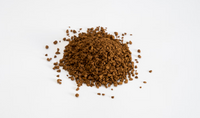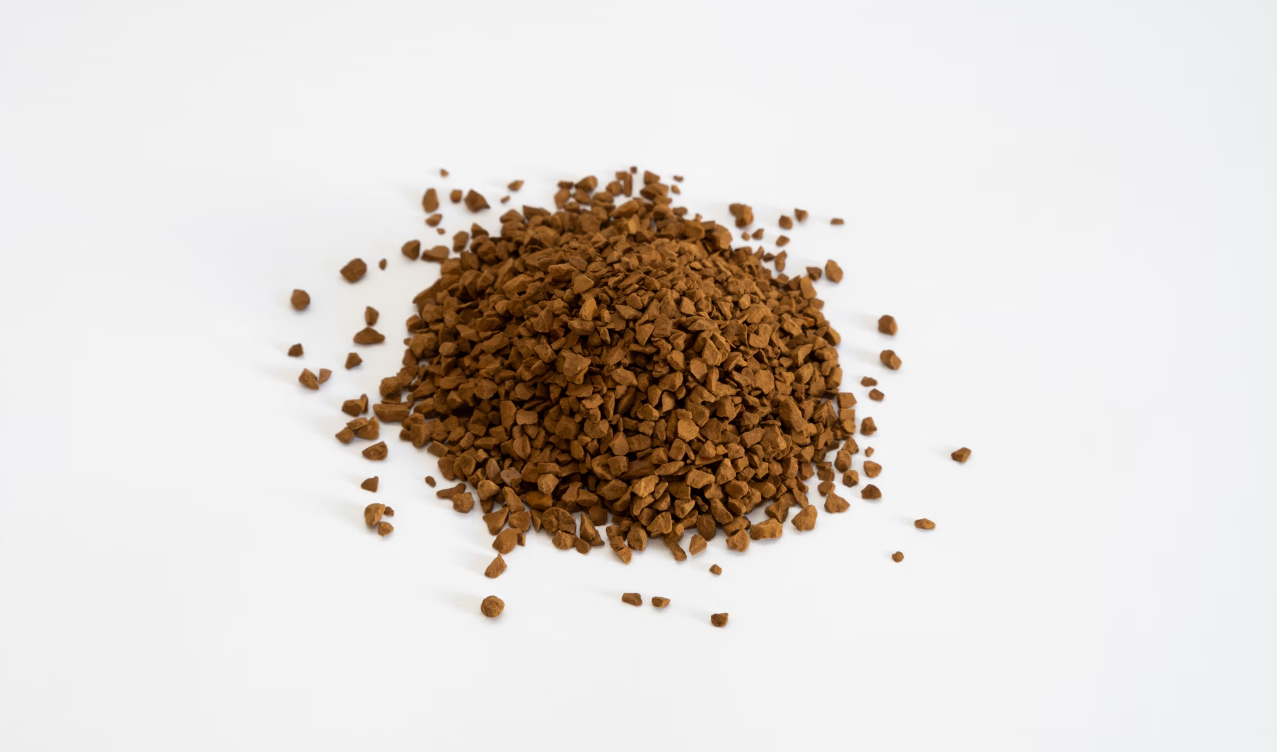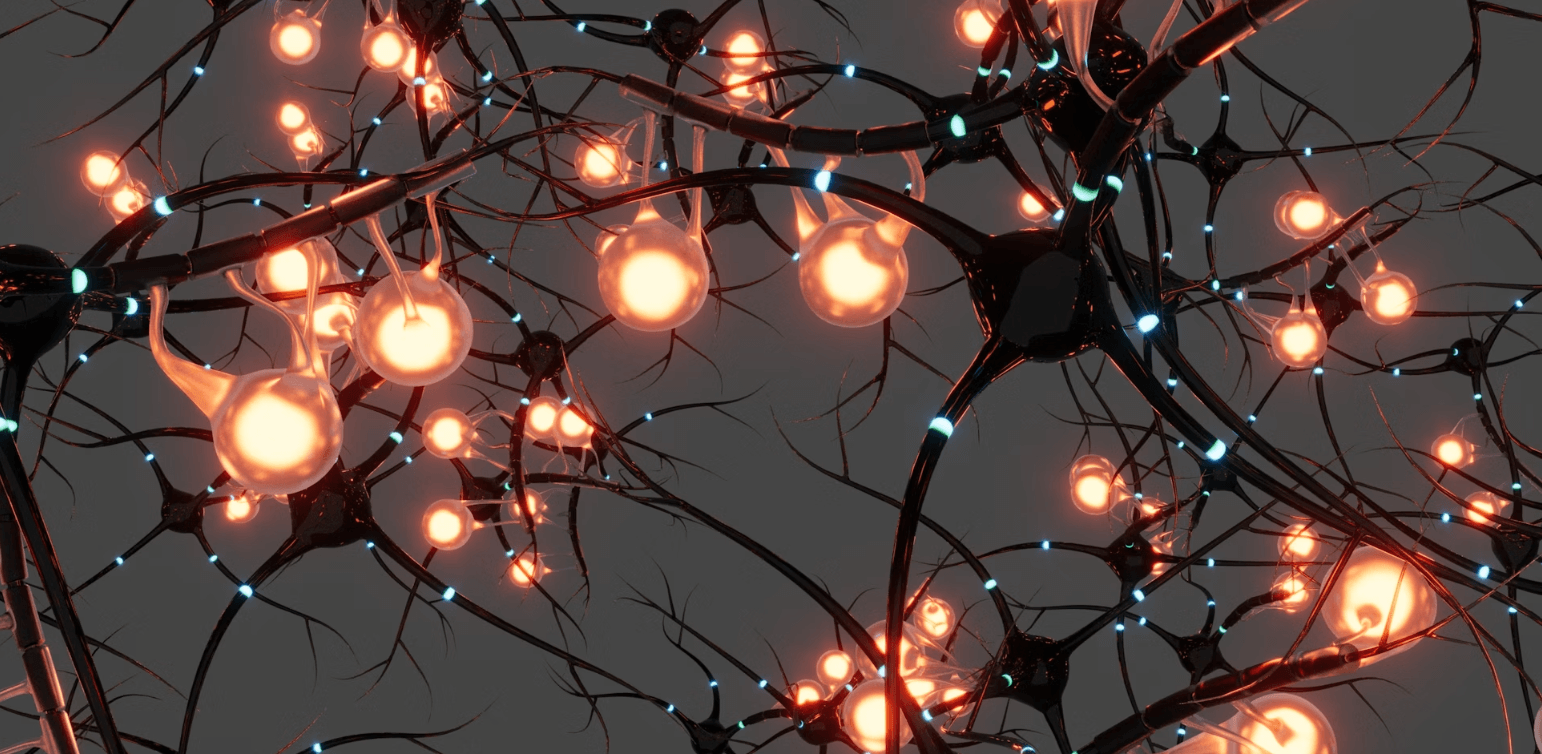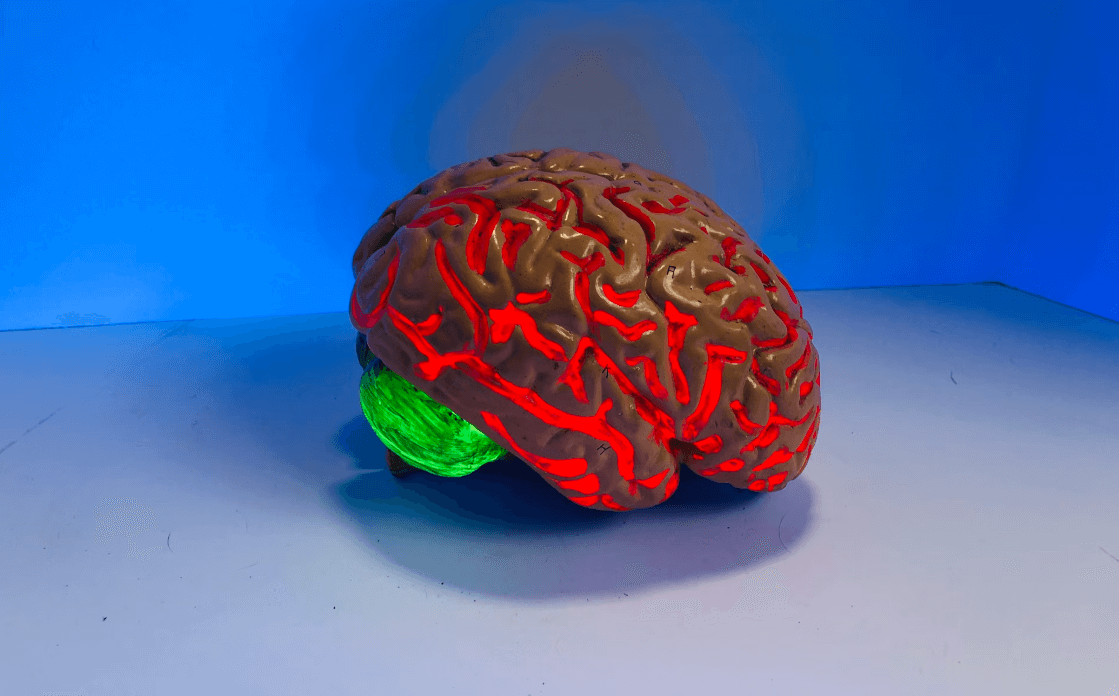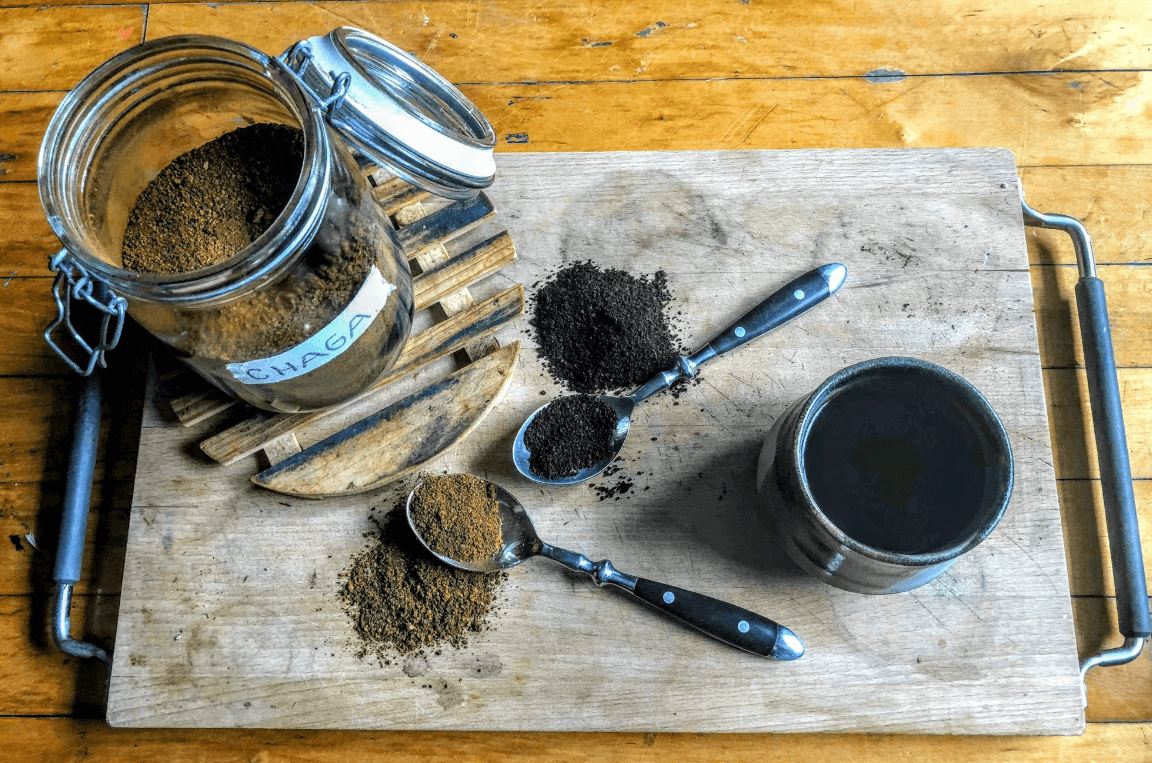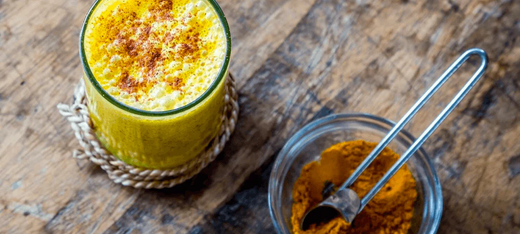For many people, coffee is a beloved morning ritual, an afternoon pick-me-up, or even a comforting evening treat. But for some, that cup of coffee can come with an uncomfortable side effect: bloating. If you've ever found yourself asking, “Does coffee cause bloating?” you’re not alone. In this post, we’ll dig into why coffee can sometimes lead to bloating, ways to reduce the chances of experiencing it, and some practical tips for making your coffee habit a little gentler on your stomach.
Bloating is a common experience, and it can happen for a variety of reasons, from diet and lifestyle to underlying digestive issues. Coffee, for all its benefits—like improved alertness, enhanced mood, and antioxidant properties—can also sometimes be a culprit. But does it really cause bloating? And if so, what can you do about it? Let’s explore the reasons behind coffee-related bloating and the adjustments you can make to keep enjoying your favorite brew without discomfort.
Does Coffee Cause Bloating?
The answer isn’t a simple yes or no—it depends on your body, your coffee habits, and the type of coffee you drink. Here’s how coffee might contribute to bloating:
- Stomach Acid Stimulation: Coffee, particularly when consumed on an empty stomach, stimulates the production of stomach acid. For some people, this can lead to digestive discomfort, especially if they’re prone to acid reflux or gastritis, which can cause a feeling of bloating.
- Caffeine’s Effect on the Digestive System: Caffeine is a natural stimulant and speeds up digestive processes. This can sometimes lead to a rapid transit effect, where the digestive system moves too quickly, potentially causing gas and bloating in sensitive individuals.
- Milk and Creamer Additives: Many people add milk, cream, or flavored syrups to their coffee. These can be sources of lactose (found in dairy) or artificial ingredients, both of which may trigger bloating if you’re sensitive to them.
- Gas-Producing Compounds: Coffee beans contain certain natural compounds that can lead to gas production during digestion, contributing to bloating for some people.
- Gut Sensitivity: If you have a sensitive digestive system or conditions like irritable bowel syndrome (IBS), you may be more prone to bloating from foods and drinks, including coffee.
Ultimately, while coffee doesn’t cause bloating in everyone, there are several ways it can lead to digestive discomfort for those with sensitive systems.
How Can You Avoid Bloating When Drinking Coffee?
If coffee is causing bloating for you, it doesn’t mean you have to give it up. Here are some practical tips to make your coffee experience more comfortable:
Switch to Low-Acid Coffee
One of the reasons coffee may lead to bloating is its acidity, which can irritate the stomach lining and cause an increase in stomach acid. Low-acid coffee is designed to be gentler on the stomach, which may reduce the chances of bloating. Look for brands that specifically market themselves as low-acid, or try cold brew coffee, which is naturally lower in acid than hot-brewed coffee.
Limit Your Caffeine Intake
For some people, bloating occurs when they consume too much caffeine in one sitting or throughout the day. Limiting caffeine intake could mean sticking to one cup of coffee per day or switching to decaf options. If you still want a boost without as much caffeine, try combining regular coffee with decaf for a half-caf option, or limit caffeine consumption to the morning so that your digestive system has time to process it before the evening.
Switch to Mushroom Coffee Instead
Mushroom coffee blends medicinal mushrooms (like lion’s mane, chaga, and reishi) with coffee, resulting in a drink that’s lower in caffeine but still provides focus and clarity. The medicinal mushrooms have adaptogenic properties, which means they help your body handle stress better, including stress on the digestive system. For those sensitive to traditional coffee, mushroom coffee might be a gentler alternative that’s less likely to cause bloating.
Everyone’s Body Responds Differently to Coffee
So, does coffee cause bloating? It can, but it doesn’t have to be a deal-breaker. By understanding why coffee may lead to bloating and exploring some adjustments to your coffee routine, you can potentially avoid digestive discomfort. Switching to low-acid coffee, keeping an eye on your caffeine intake, or even trying out mushroom coffee are all ways to enjoy your daily cup without the bloat.
Remember, everyone’s body responds differently to coffee, so take the time to experiment with these tips and see what works best for you. With a little tweaking, you can still enjoy coffee as part of a balanced and comfortable daily routine.
FAQs on Coffee and Bloating
Q: Why does coffee make me feel bloated?
A: Coffee can stimulate stomach acid production, irritate the stomach lining, and speed up digestion due to caffeine. It can also cause bloating if you’re sensitive to the lactose in milk or creamers added to coffee.
Q: Will switching to decaf coffee reduce bloating?
A: Decaf coffee has less caffeine, which might reduce the stimulating effect on your digestive system and potentially lessen bloating. However, decaf coffee still contains some natural compounds that could contribute to bloating in sensitive individuals.
Q: Can I drink coffee on an empty stomach?
A: Drinking coffee on an empty stomach can lead to increased stomach acid, which may irritate the stomach lining and lead to bloating for some people. If you’re prone to digestive issues, consider eating something before or with your coffee.
Q: Is mushroom coffee better for bloating?
A: Mushroom coffee is typically lower in caffeine and combines medicinal mushrooms with coffee, which may make it easier on the stomach. For those sensitive to regular coffee, mushroom coffee could be a gentler alternative.
Q: What’s the best low-acid coffee for sensitive stomachs?
A: Many brands offer low-acid coffee options that are designed to reduce stomach irritation. Cold brew coffee is also naturally lower in acid and may be a good choice if you’re prone to bloating.

